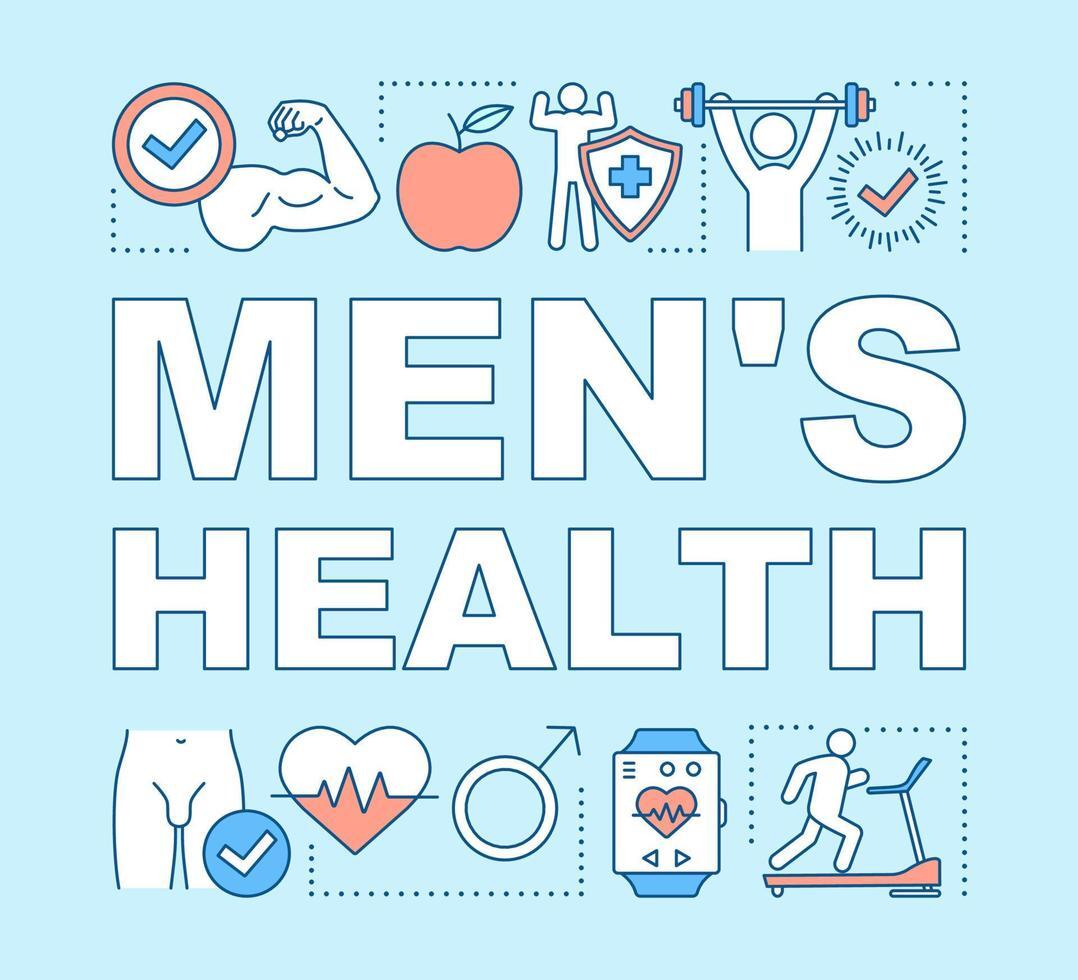Nausea is the unpleasant, uneasy feeling that you might throw up, while vomiting (emesis) is the forceful expulsion of stomach contents. These symptoms often occur together but can happen independently.
What Causes Nausea and Vomiting?
Nausea and vomiting are not diseases themselves; they are symptoms of an underlying condition. Causes range from common, minor issues to rare, serious medical emergencies.
Common Causes (Gastrointestinal & Systemic)
- Gastrointestinal Infections: Often referred to as "stomach flu," these infections affect the stomach or intestines and are caused by bacteria, viruses (like Norovirus), or other pathogens.
- Food Poisoning: Occurs after consuming spoiled or contaminated food.
- Pregnancy: Commonly called "morning sickness," these symptoms are linked to hormonal changes and can occur at any time of day, not just the morning.
- Motion Sickness or Dizziness: Happens when the inner ear's balance system conflicts with visual input (e.g., in a car, boat, or amusement park ride).
- Gastroesophageal Reflux Disease (GERD): This chronic condition causes stomach acid and juices to leak back up into the esophagus (the food tube), which can sometimes trigger nausea.
- Medication Side Effects: Many common drugs list nausea as a side effect, including antibiotics, antidepressants, chemotherapy drugs, pain relievers, and hormonal medicines (like birth control pills).
- Other Issues: Excessive alcohol consumption, migraine headaches, and physical blockages or problems within the stomach or intestines.
Serious, Uncommon Causes (When to be Concerned)
While rare, nausea and vomiting can signal a medical emergency:
- Heart Attack: Nausea is often an atypical symptom, especially in women, and is usually accompanied by chest pain.
- Stroke: Certain types of stroke, particularly those affecting the brainstem or cerebellum, can induce severe vomiting.
What Can I Do at Home to Feel Better?
The main goal of home care is to prevent dehydration and soothe your stomach.
- Stay Hydrated: When you vomit, your body loses both water and essential salts (electrolytes). Drink clear, cool fluids slowly. Examples include oral rehydration solutions (ORS) like Pedialyte, clear broth, or sports drinks.
- Reintroduce Food Gently: Wait until you haven't vomited for several hours. Start with bland, easy-to-digest foods that contain fluid, such as soup, rice porridge, or crackers.
- Use Ginger: Ginger is a natural remedy known to calm the stomach and alleviate nausea. You can consume it in tea, lozenges, or supplements.
- Avoid Irritants: Steer clear of fatty, greasy, or fried foods, which can worsen nausea. Also, avoid strong smells, such as perfume, cooking odors, or chemicals.
Medical Treatment and Diagnosis
If home care is insufficient, a healthcare provider may recommend treatment based on the cause.
Treatment Options
- Fluid Replacement Therapy: If you are severely dehydrated, fluids containing electrolytes may be administered intravenously (IV).
- Anti-Nausea Medication (Antiemetics): These drugs help control vomiting. Examples include Ondansetron, Promethazine, Metoclopramide, and Prochlorperazine.
Diagnostic Tests
If the cause is unclear or symptoms are severe, your doctor may order tests:
- Stomach X-ray: Imaging to check for blockages or structural issues.
- Upper Endoscopy: A procedure where a doctor inserts a thin, flexible tube with a camera down your throat to visually inspect the lining of the esophagus and stomach.
Can Nausea and Vomiting Be Prevented?
Prevention depends on the cause. For cases caused by infection (stomach flu or food poisoning), you can significantly lower your risk by practicing excellent hygiene:
- Hand Hygiene: Wash your hands frequently and thoroughly with soap and water, especially before preparing food and eating, and after using the restroom.
- Food Safety: Always wash fresh fruits and vegetables, avoid eating undercooked meats or eggs, and ensure all cooking utensils are clean.
- Support Gut Health: Consider the use of probiotics (like Normagut) to help maintain a healthy balance of beneficial bacteria in your gut.
When to Call the Doctor 🚨
While most cases resolve quickly, severe or persistent symptoms require prompt medical attention. Call your doctor or nurse immediately if you experience any of the following:
Signs of an Emergency
- Vomiting blood or material that looks like coffee grounds.
- Severe chest pain or intense belly pain.
- Bowel movements that are bloody or black and tarry.
- A severe headache or stiff neck.
- Fever higher than 101∘F (38.4∘C).
Signs of Severe Dehydration
Dehydration occurs when your body loses too much water and electrolytes. Look for these red flags:
- Feeling unusually tired or lethargic.
- Intense thirst, or having a dry mouth or tongue.
- Muscle cramps or sudden dizziness.
- Confusion or disorientation.
- Having very dark yellow urine, or not needing to urinate for more than 5 hours.






Comments (0)
You must be logged in to leave a comment. Login here
No comments yet
Be the first to share your thoughts!